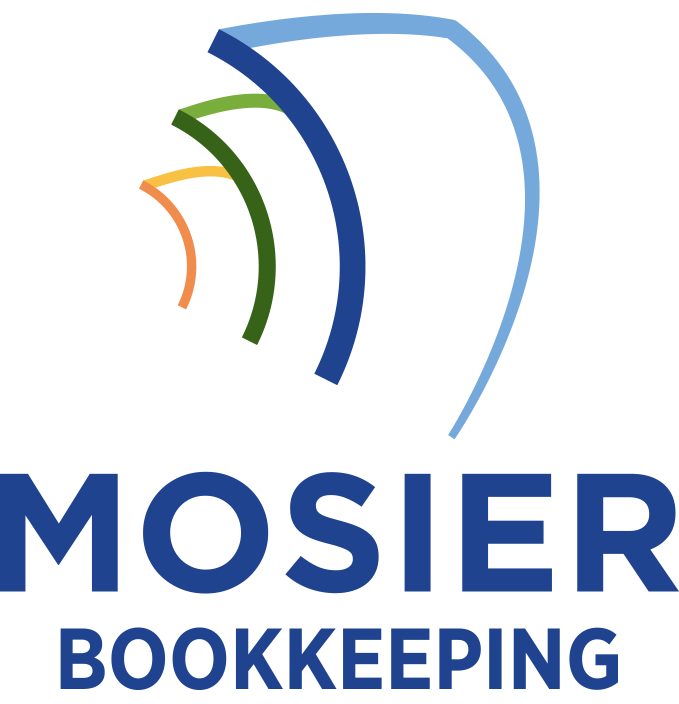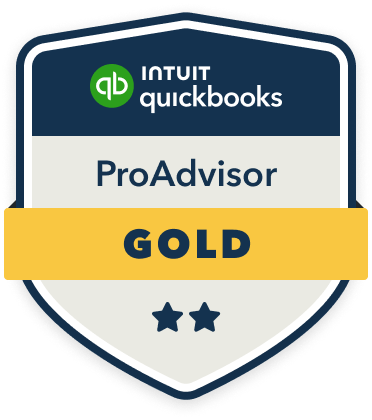Tax planning gives your small business critical advantages for financial success. By strategically managing deductions, credits, and timing of expenses, you’ll maximize cash flow while minimizing tax obligations. I’ve found that effective tax planning helps optimize major business decisions, reduces audit risks, and strengthens long-term stability through smart depreciation and investment strategies. When you understand these key benefits, you’ll access powerful opportunities to boost your business’s bottom line and sustainable growth.
Maximizing Tax Deductions and Credits

Every small business owner should prioritize understanding and maximizing available tax deductions and credits, as they directly impact the company’s bottom line. I’ll help you leverage key deductions like equipment purchases, vehicle expenses, home office space, and employee benefits to reduce your tax liability.
You can’t afford to overlook industry-specific credits that reward research, development, energy efficiency, and hiring practices. I recommend maintaining meticulous records and consulting with a tax professional to identify all qualifying expenses. By strategically timing purchases and structuring transactions, you’ll optimize your tax position while building a stronger financial foundation for your business.
Improving Cash Flow Management
While tax planning directly impacts profitability, effective cash flow management determines your business’s day-to-day survival and growth potential. I recommend using tax planning strategies to optimize your cash flow timing by carefully scheduling tax payments, maximizing available deductions, and strategically timing major purchases.
You’ll strengthen your position by aligning tax obligations with your revenue cycles, ensuring you maintain robust working capital. I advise leveraging tax payment schedules to your advantage and utilizing tax-efficient financing options. When you integrate tax planning with cash flow management, you’ll create a powerful financial framework that puts you in control of your business’s financial destiny.
Strategic Business Decision Making

Strong tax planning directly informs your strategic business decisions, shaping both short-term operations and long-term growth initiatives. I’ll show you how effective tax planning empowers you to make data-driven decisions that maximize your business potential while minimizing tax liability.
- Time major purchases strategically to leverage depreciation benefits and tax credits
- Structure business operations to optimize tax classification and reduce exposure
- Plan expansion and hiring decisions around tax incentives and regional advantages
- Coordinate investment timing with projected revenue to balance tax obligations
Your strategic decisions become more potent when aligned with tax planning, giving you a competitive edge while maintaining compliance and building sustainable growth.
Minimizing Audit Risk and Compliance Issues
Maintaining meticulous records and implementing robust internal controls considerably reduces your audit risk and compliance issues. I recommend establishing clear documentation protocols, organizing receipts systematically, and utilizing accounting software to track every transaction. You’ll strengthen your position by conducting regular internal audits and reconciling accounts monthly.
I’ve found that businesses that proactively address compliance stay ahead of regulatory changes. You’ll want to verify tax reporting accuracy, meet filing deadlines, and maintain proper documentation of business expenses. By implementing these measures, you’ll create a defensible position against audits while demonstrating your commitment to regulatory compliance.
Long-term Financial Growth and Stability

Effective tax planning and compliance lay the foundation for your business’s long-term financial growth and stability. When you optimize your tax strategy, you’ll liberate capital for reinvestment and expansion while maintaining strong financial health.
- Strategic tax planning allows you to accelerate depreciation, maximizing cash flow for critical business investments
- Well-structured tax strategies create opportunities to reduce your cost of capital, enabling strategic acquisitions
- Proper tax planning helps you build substantial cash reserves for market downturns and unexpected challenges
- Tax-efficient operations strengthen your balance sheet, making your business more attractive to investors and lenders









